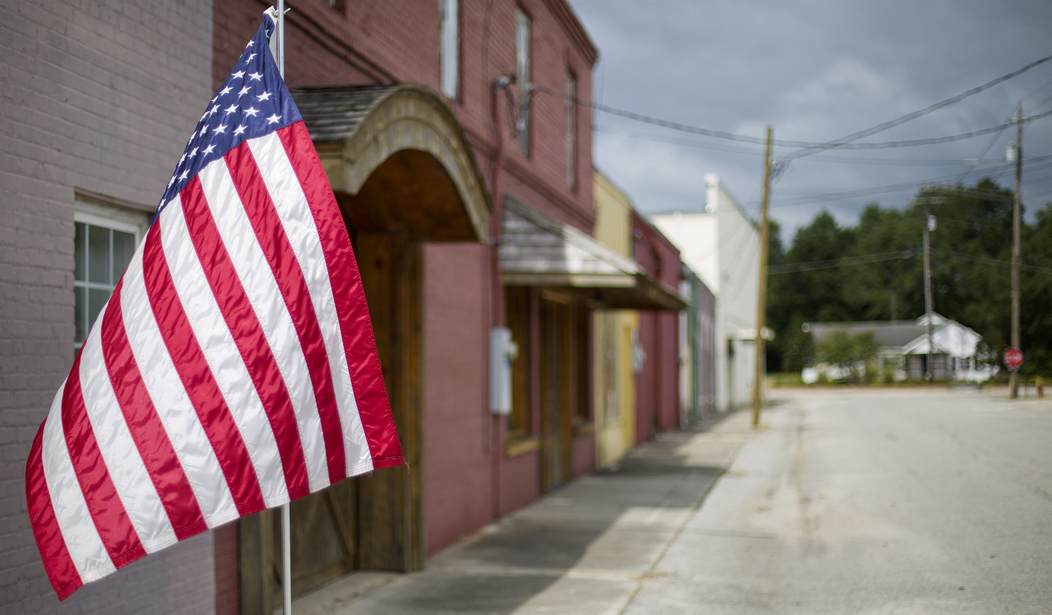It is hard to imagine today. But in 1788, roughly one year after the founding of our republic, ratification of the U.S. Constitution was in real doubt. Many feared that the Constitution provided too much centralized power to the federal government, risking a return to the very tyranny recently defeated by the colonies. James Madison, in an effort to assuage those fears, wrote in Federalist 45, “The powers delegated by the proposed Constitution to the federal government are few and defined. Those which are to remain in the State governments are numerous and indefinite.” Thomas Jefferson later made a similar proclamation, stating “I consider the foundation of the Constitution as laid on this ground: that ‘all powers not delegated to the United States, by the Constitution…are reserved to the states or to the people.’ To take a single step beyond the boundaries thus specially drawn around the powers of Congress, is to take possession of a boundless field of power.” How prescient are these statements in this trying time?
As the United States aggressively battles the COVID-19 virus and its impact on communities around the country, we should take stock of the wisdom of the founders. Consider this question: is a roughly $5 trillion federal government – with more than 2 million employees largely ensconced in D.C., possessing hundreds of thousands of pages of regulations and countless agency rules that stifle innovation in favor of the status quo – the best instrument to address anything?
We are answering that question in real time. From the challenges in getting personal protective equipment procured and in the hands of front-line healthcare workers, to the lack of ventilators in virus hot spots – it’s clear that the federal government is not the best crisis manager for an entire country. Don’t believe me? Consider that decades of mission creep, bureaucratic red tape and regulatory expansion in both the FDA and the CDC have led to unnecessary virus spread, confusing messages and lives lost as a result.
With all the different implications and ramifications of the COVID-19 pandemic, it doesn’t make sense to have the federal government issuing mandates that apply equally to states like Florida, California, and New York (hotbeds of virus spread) versus states like Iowa and Nebraska (with far less population density and community spread). States vary in land mass, urban density and demographics (i.e. the most vulnerable to COVID-19.) So why should blanket solutions be handed down from the federal government?
Recommended
Healthcare is no different from any other good or service that Americans consume. It consists of personnel (doctors, nurses, orderlies, epidemiologists, etc.), equipment (masks, diagnostic equipment, scalpels, ventilators, drugs, etc.), and facilities (hospitals, clinics, offices, etc.). It is a system of commodities and services subject to the laws of supply and demand. As one of the single most regulated markets in the United States, healthcare access has been eviscerated by the federal government to the point that we have allowed a pandemic to strain our healthcare system to the verge of possible collapse. While many governors have effectively stepped forward to lead their own states, too many in Washington and beyond believe the federal government should ride to the rescue. It isn’t possible.
My hope is that we use the lessons of this pandemic to ask one singular (and singularly important) question – what should we do differently next time? What should our governing philosophy be moving forward, so that the next black swan event isn’t as tortuous to so much of the population as COVID-19 has been? I suggest a radical idea – as much as possible we should devolve federal control, spending, regulatory authority, and more importantly accountability back to the states. Block grant it all – healthcare, education, safety nets, energy, environmental protection, transportation – everything but national defense, federal judiciary, and a small handful of essential services to ensure that we function as a republic of “united states” in the way Messrs. Madison and Jefferson described, and the way we were designed to 233 years ago.

























Join the conversation as a VIP Member